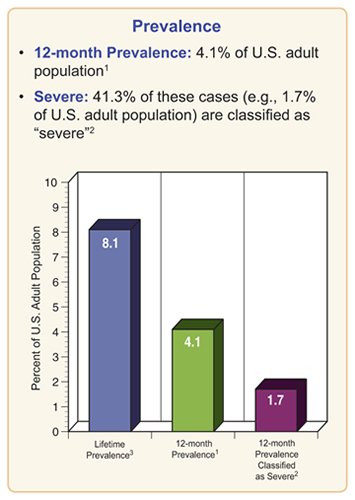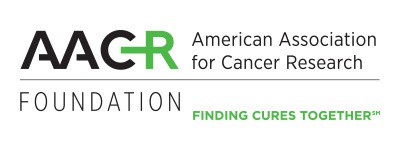Lisa Ling Diagnosed with ADD at 40

Former The View co-host Lisa Ling always knew she had some problems with staying focused:
“I have always had a bit of a difficult time focusing on things that aren’t interesting to me, and I get really, really anxious before taking any kind of test or having any kind of evaluation.”
In elementary school, she remembers her teachers telling her father that she didn’t pay attention in class. In high school, if she wasn’t interested in a particular subject, she could sit through an entire class without remembering any of it.
As a journalist, she was able to stay laser-focused her topic for a particular story, but when she was not working, her mind would wander anywhere and everywhere.
Currently, Ling has a show on the Oprah Winfrey Network (OWN) called Our America with Lisa Ling. One of the stories she researched was about children with attention deficit disorder (ADD). Lisa began to wonder if she might have the disorder herself, and arranged to have herself evaluated by Dr. Craig Liden, a worldwide ADD/ADHD expert.
Dr. Liden believes she fulfills all the criteria for the diagnosis:
Ling’s response?:
“My head is kind of spinning. But I feel a little bit of relief because, for so long, I’ve been fighting it and I’ve been so frustrated with this inability to focus.”
How common is ADD in Adults?
 Attention Deficit Disorder and Attention Deficit Hyperactivity Disorder (ADD and ADHD) have historically been considered a disease of childhood. ADD/ADHD affects approximately 11% of school age children. It is now known to persist into adulthood in a significant number and is present in about 4.5% of adults. About 40% of these adults are considered to have severe ADD.
Attention Deficit Disorder and Attention Deficit Hyperactivity Disorder (ADD and ADHD) have historically been considered a disease of childhood. ADD/ADHD affects approximately 11% of school age children. It is now known to persist into adulthood in a significant number and is present in about 4.5% of adults. About 40% of these adults are considered to have severe ADD.
What are the symptoms in Adults?
Like children, adults who suspect they have ADD/ADHD should be evaluated by a licensed mental health professional. However a professional may need to consider a wider range of symptoms when assessing adults for ADD/ADHD because their symptoms tend to be more varied and possibly not as clear-cut as those seen in children. For example, hyperactivity tends to decrease over time.
Signs and Symptoms of ADD in adults include:
- Anxiety
- Chronic boredom
- Chronic lateness and forgetfulness
- Depression
- Difficulty concentrating when reading
- Difficulty controlling anger
- Impulsiveness
- Low frustration tolerance
- Low self-esteem
- Mood swings
- Poor organization skills
- Procrastination
- Substance abuse or addiction
These symptoms can have real-life consequences for adults with ADD.
Imagine how these symptoms might be viewed:
In a work environment:
- Busy, noisy work environments can be distracting
- Problems prioritizing
- Difficulty meeting deadlines
- Difficulty starting a task- looks like procrastination
- Chronic lateness
- Angry outbursts or irritation with co-workers
- Underperformance
In a personal relationship:
- Poor listening skills
- Inability to honor commitments
- Angry outbursts
Driving a car:
Difficulty concentrating leading to:
- Speeding
- Traffic accidents
- Loss of drivers license
How is ADD treated in adults?
As in children, medication is available to treat ADD. Often, adult ADHD is treated with a combination of ADHD medications, such as Adderall, Concerta, Ritalin, or Strattera, along with therapy.
Therapy for adults with ADD is different that usual “talk therapy.” Patients with ADD need practical, concrete steps to help them. They may include help with organizational skills, incentives for changing habits, education about their disease and the effects it has on their lives or help to repair damaged relationships.
Do I have Adult ADD?
Only qualified mental health professionals can diagnose ADD, however, there are some tools you can use to see whether an evaluation may be useful.
One of these is a questionnaire by PsychCentral, which can be assessed by clicking here.



























0 comments